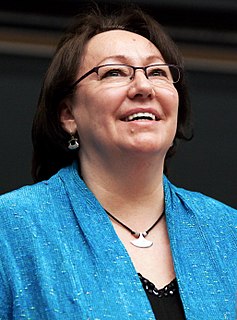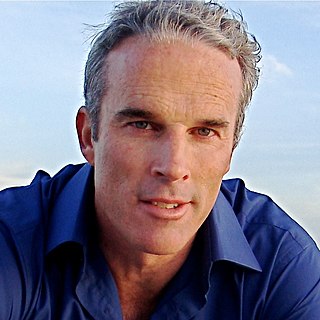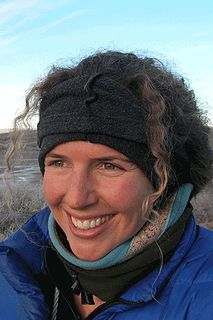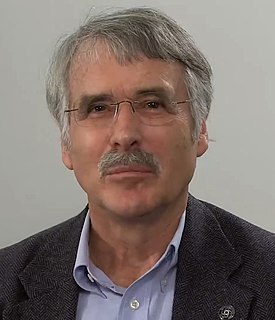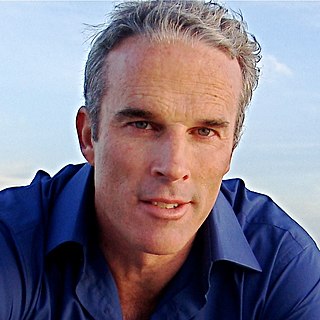A Quote by Sheila Watt-Cloutier
In Alaska, the beaches are slumping so much, people are having to move houses. In Tuktoyaktuk, the land is starting to go under water. The glaciers are melting and the permafrost is melting. There are new species of birds and fish and insects showing up. The Arctic is a barometer for the health of the world. If you want to know how healthy the world is, come to the Arctic and feel its pulse.
Related Quotes
Permafrost in the soil [is melting], in the boreal and arctic areas in the world, and, probably even more alarming in the last six or eight months, the data on what is happening to the ice shelves in Greenland and the west Antarctic has begun to cause people to radically reassess the earlier conviction that those ice shelves were stable on a kind of century-long time scale.
The Arctic is a place that historically, during all preceding human history, has largely been an icy realm with an impact on ocean currents. That, in turn, influences the temperature of the planet. The Arctic is now vulnerable because of the excess carbon dioxide in the atmosphere, with a rate of melting that is stunning.
Much of the attention on oceans has portrayed oceans as a villain. Warm water strengthened Hurricane Katrina that pounded Louisiana. Rising sea level will flood islands and coastal areas. Or, we're talking about new opportunities like a new shipping lane in the Arctic because of melting sea ice. These may be the obvious problems, but they're probably not the biggest ones.
The more we heat up the planet, the more it costs all of us, not just in money, but in colossal famines, displacements, deaths, and species extinctions, as well as in the loss of some of the things that make this planet a blue-green jewel, including its specialized habitats from the melting Arctic to bleaching coral reefs.
